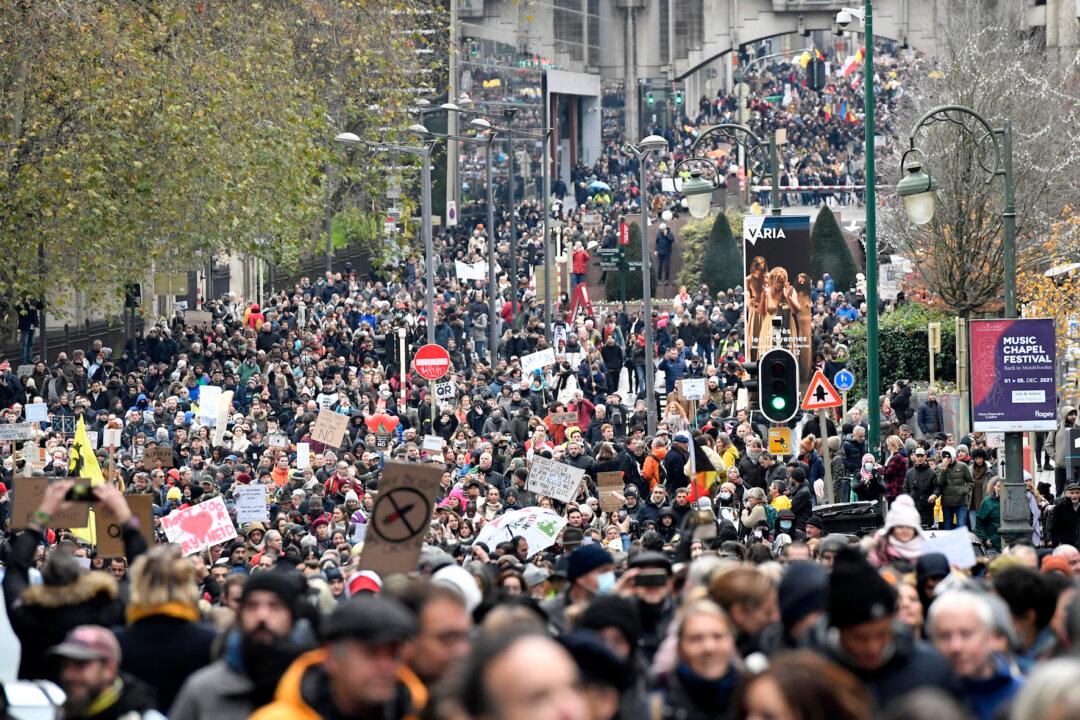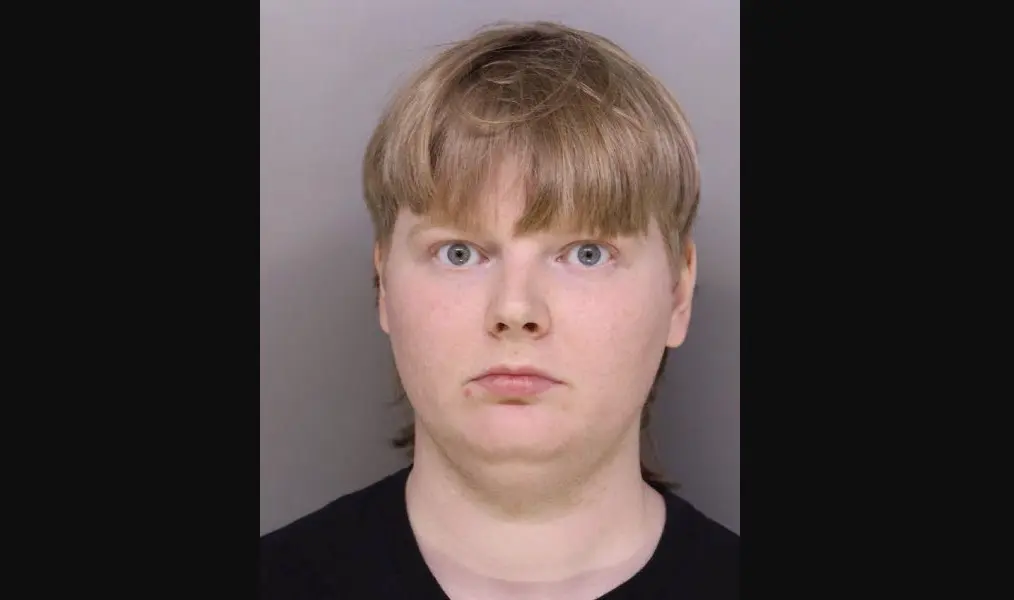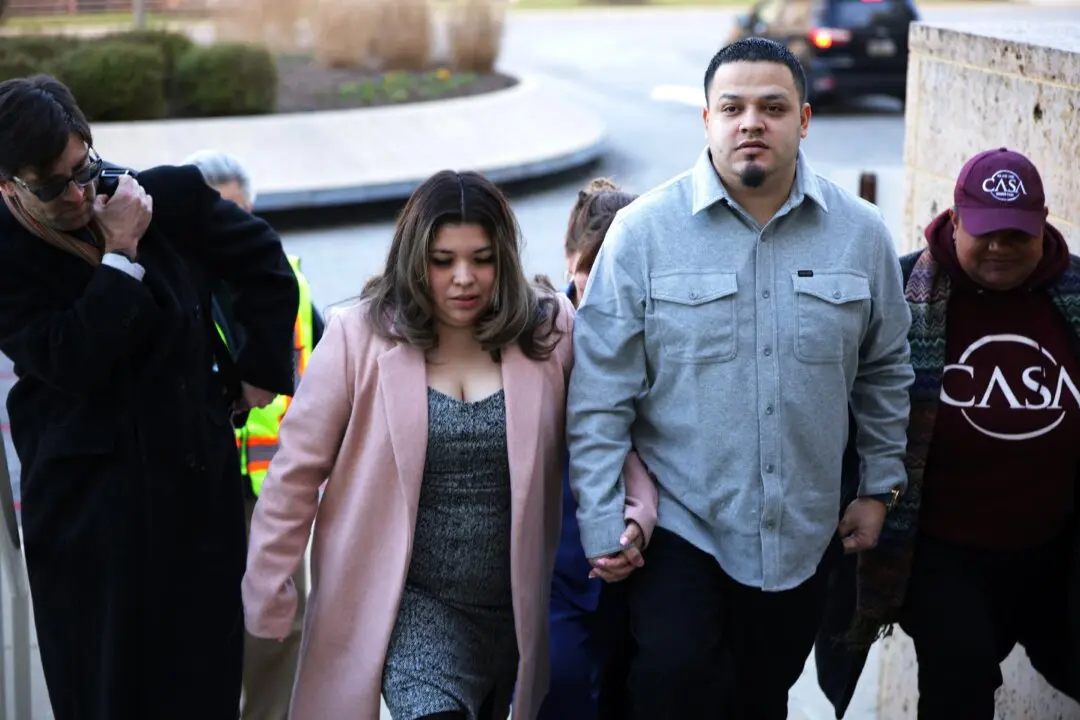Tensions boiled over in the streets of Brussels on Dec. 5 as a minority of protesters clashed with riot police following an otherwise peaceful larger protest joined by thousands of people.
Protesters marched to Place Schuman, where major European Union buildings are located, to voice their concern over the government’s COVID-19 policies.





